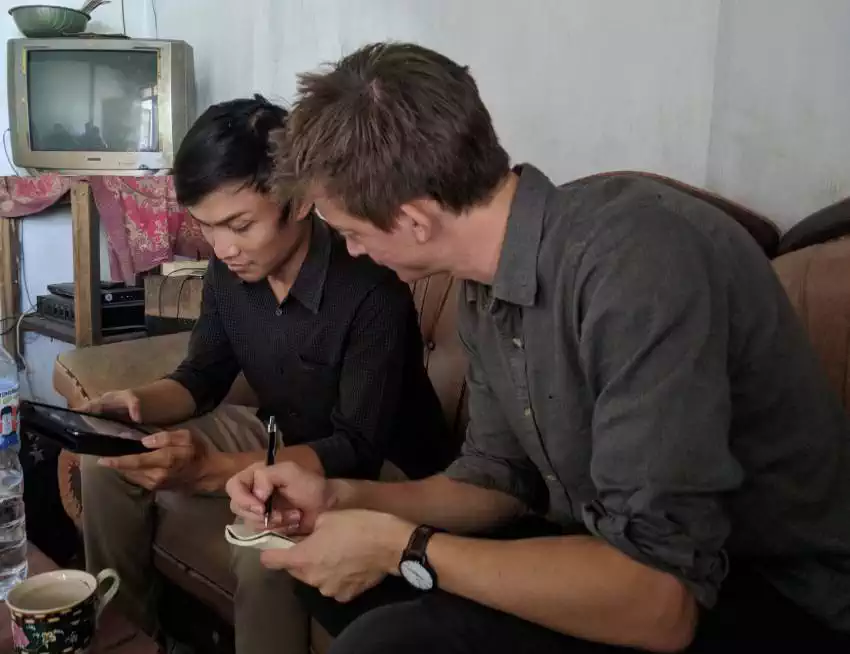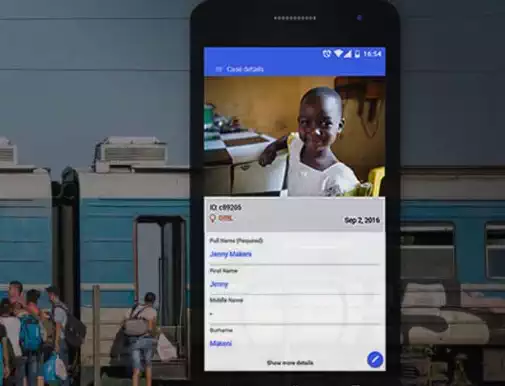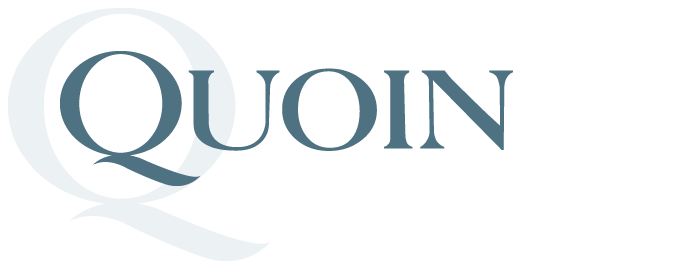Quoin facilitates the development of ICT solutions for governments, international agencies, and NGOs working in the fields of international development and humanitarian aid. We believe that technology is just one aspect of an overall solution to an organization's needs. The people, processes, and workflow are also critical to a complete solution. With this in mind, we offer specialized services to organizations in the humanitarian and development sectors.

Analysis
Quoin starts by searching for gaps in current processes and institutional capacity which prevent the organization from advancing core mission objectives. This allows us to understand where technology can play a role, as well as to identify where process improvements are necessary.
Platform Selection
We understand that organizations in the humanitarian and development sectors work on tight budgets, in difficult environments, and often with limited internal capacity to implement, maintain, and support ICT infrastructure. With this in mind, Quoin always prioritizes sustainability and organizational autonomy when designing a solution. We work with in-house teams to select ICT platforms that meet the organization's needs with minimal overhead. Towards this end, Quoin seeks to leverage existing open source technologies whenever possible.
Capacity Building
Sustainability of use and maintenance is essential to any technology implementation. Quoin emphasizes ownership of and agency over the technology that the organization and its partners implement. Our team provides training on specific technology implementations, general system administrator competencies, and Agile processes for ICT teams.
Process Improvement
Technology implementations in the context of humanitarian and development work must be accompanied by robust processes and accountability structures. Quoin offers consulting on process improvement, with a focus on best practices for information management.
We have worked with international aid agencies, governments, and NGOs in both emergency and development contexts. We understand the resource constraints and risks these organizations face and have developed effective, sustainable solutions which account for and overcome these challenges.
Primero is designed for use in rural areas with minimum data coverage, allowing users to sync case data with team members during peak connectivity, while also being able to harness the application’s full functionality during data blackouts. With user feedback in mind, we structured the application around tight security measures and data encryption – a mandatory requirement in the volatile work environment created by international crisis zones.

Our team met with stakeholders, gathered requirements, and conducted field training as part of an emergency response deployment of Primero in Indonesia. Primero was designed to run on a wide range of hosting environments and easily scale to accommodate increased usage in situations such as registration drives or emergency implementations.
.webp)
Through its long-term partnership with UNICEF, Quoin has led the development and implementation of Primero - a platform which The Digital Public Goods Alliance (https://digitalpublicgoods.net) has recognized an open-source technology that follows best practices, respects data privacy and holds high relevance towards attaining the 2030 Sustainable Development Goals (SDGs). We have worked with global experts as well as local implementation leads to build an easy-to-maintain, sustainable system that enforces best practices while allowing for a high degree of configurability to meet the needs of local contexts.
When designing and implementing technology solutions in the humanitarian and development sectors, Quoin begins with an analysis of beneficiary needs and risks, as well as the daily processes and challenges of the workers who serve them. We distill these general concerns into user-focused requirements, then identify how current processes and technologies fail to meet these requirements. Quoin then designs a holistic technology solution to fill these gaps. All aspects of this solution must dovetail with existing day-to-day workflows, account for on-the-ground challenges (e.g. security risks, electricity and connectivity outages), and respect local attitudes and familiarity with technology.
We work on the principle that technology plays only a supporting role to the people who carry out an organization’s work and the processes they follow. Our solutions prioritize the development of robust institutional capacity; engagement with implementation partners; and well-communicated processes and accountability structures that govern the maintenance and use of technology.
With this in mind, we leverage existing open source technologies whenever possible. Open-source technologies offer a number of benefits for those in the humanitarian and development sectors:
- Sustainability - Because they are free to use, open-source technologies come with lower long-term costs than other solutions. Since open-source technologies have open source code and typically come with extensive technical documentation, local ICT staff are able to act as system administrators, maintaining the system for the duration of its use. Quoin typically provides some technical training for system administrators who will be responsible for maintaining an open-source platform.
- Independence - Implementing organizations are not bound to a particular vendor. Because the source code is open for inspection and adaptation, organizations are free to customize the platform to their particular needs.
- Transparency - An open codebase allows implementation partners to inspect and critique application source code at any time. This fosters trust and engagement between an implementing organization and its partners while encouraging platform adoption. In addition, allowing constant review of code makes it more likely that issues in the source code will be found and addressed quickly, improving overall platform security.
- Community - Open-source platforms carry the benefit of an existing global community of administrators, technology experts, and users who can share their knowledge of the platform, acquired over years of use. Open help forums allow users to post and answer each other’s questions, ensuring that organizations implementing a platform in different contexts can benefit from each others’ knowledge and experience.
Quoin also recognizes the importance of secure, discrete management of data pertaining to vulnerable populations. T4D platforms must recognize and protect a beneficiary’s right to transparency and agency over the use of their personal information. Our solutions operate on the basis of informed consent for beneficiaries and, when dealing with child data, adhere to the Responsible Data for Children (https://rd4c.org) principles.

